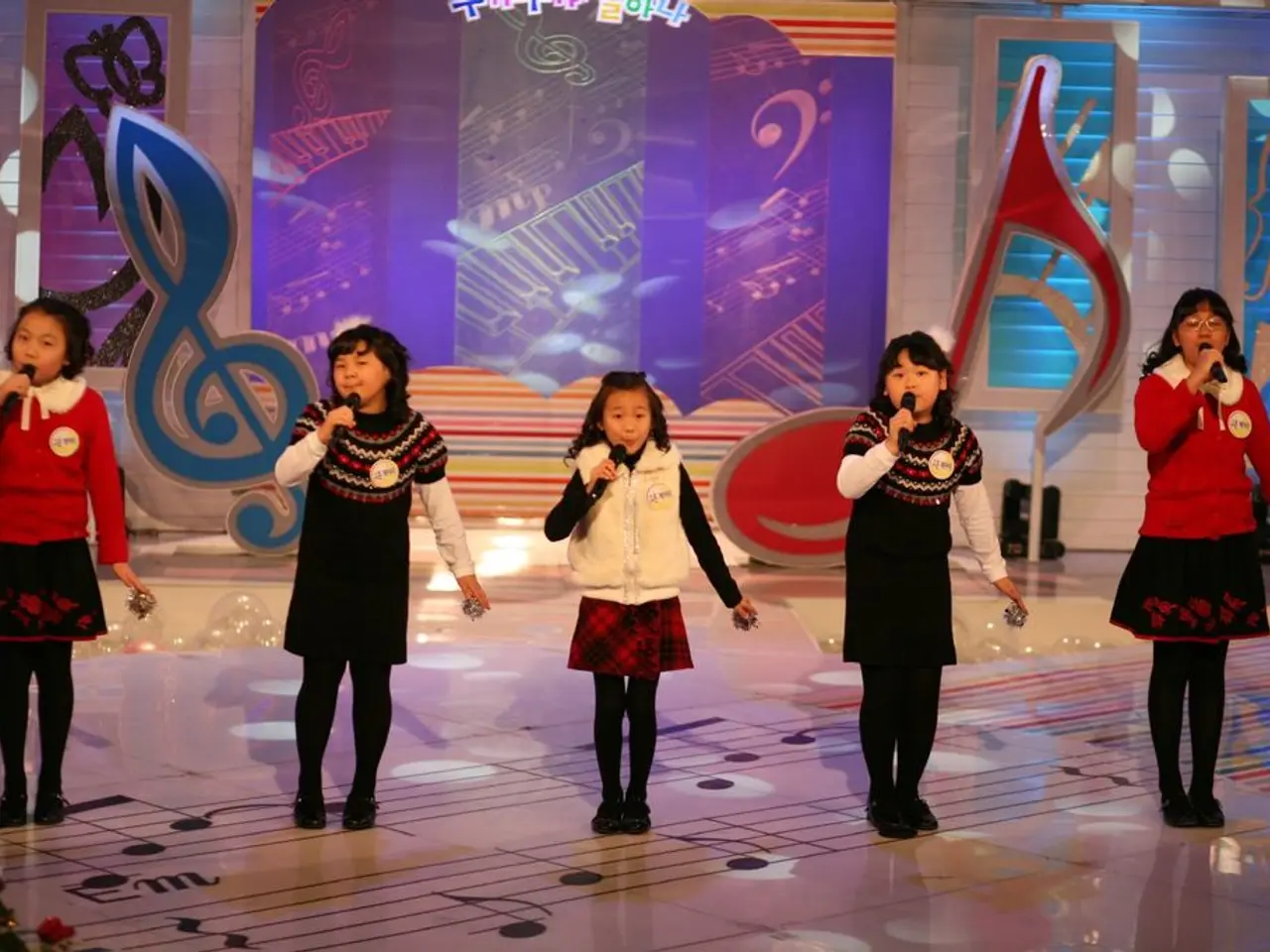Guru Purnima 2025: Date, Importance, Background, Customs, and Insights
Guru Purnima, an annual celebration held on the full moon day (Purnima) in the Hindu month of Ashadha (June/July), holds profound historical and spiritual significance across Hindu, Buddhist, and Jain traditions. This day is dedicated to honouring the Guru, or spiritual teacher, who is seen as a remover of darkness (ignorance) and a guide towards spiritual awakening and enlightenment.
In Hinduism, Guru Purnima is especially significant as a day to honour the Guru who imparts wisdom and guides disciples from darkness to light. The festival venerates Lord Shiva as the Adi Guru (the first Guru), who is believed to have taught meditation, yoga, and spiritual knowledge. Devotees perform pujas, offer flowers, fruits, and incense to their gurus, and seek blessings for spiritual growth and prosperity.
For Buddhists, Guru Purnima commemorates the day when Lord Buddha delivered his first sermon after attaining enlightenment. This sermon included the foundational teachings of the Four Noble Truths and the Eightfold Path, which define Buddhist philosophy. The day is marked by prayers, chanting, and meditation as expressions of gratitude and reflection on the Buddha’s wisdom, compassion, and mindfulness, which are core to Buddhist practice.
In Jainism, Guru Purnima is dedicated to honoring the Tirthankaras, the ultimate spiritual teachers who guide followers towards liberation and enlightenment. Devotees observe the day by reflecting on the teachings of Lord Mahavir, practicing charity, fasting, meditation, and seeking blessings for spiritual purification and progress.
Spiritually, Guru Purnima is a time for inner transformation, surrender, and spiritual learning, marking a cosmic moment for awakening and self-growth. Culturally, it underscores India's tradition of respecting gurus as vital transmitters of knowledge and cultural values, nurturing social harmony and intellectual continuity. Philosophically, the festival highlights the guru’s role in imparting the realization of the Absolute, merging science and spirituality into a supreme pursuit.
Guru Purnima is much more than a teacher’s day; it is a deeply spiritual occasion that acknowledges the central role of the guru in guiding individuals across these major Indian religions towards enlightenment and liberation. This year, Guru Purnima will be celebrated on Thursday, 10 July 2025.
In Jainism, Guru Purnima is linked with Lord Mahavira, who made his chief disciple, Gautam Swami, accept his spiritual teachings and follow his path as a monk. The bond between a guru and disciple is one of trust, respect, and learning, and this tradition has been kept alive for thousands of years.
Observing Guru Purnima may include performing a simple puja at home, visiting a temple or ashram, lighting a lamp, chanting mantras, or reading scriptures. People also donate food, clothes, or money to the needy, schools, or spiritual centres. Helping others is considered an act of honouring the guru's teachings. Expressing gratitude to teachers, mentors, or elders is a common way to celebrate Guru Purnima. Some devotees keep a partial or full-day fast as a mark of respect and to purify the mind.
Veda Vyasa, one of the greatest sages and scholars in Indian history, known for dividing the Vedas into four parts, writing the Mahabharata, and compiling the eighteen Puranas, is also honoured during Guru Purnima. Sharing knowledge with others is a way to honour a guru's work and carry forward their teachings. Spending time in meditation and self-reflection to think about the lessons learned from teachers is a common practice during Guru Purnima.
In Indian culture, the guru holds a very high position, even higher than parents and God, according to many ancient texts. Thus, Guru Purnima is not just a religious festival; it is a reminder of the special relationship between a teacher and student and the importance of guidance, discipline, and respect for those who help us learn.
During the celebration of Guru Purnima, individuals across various Indian religions honor their spiritual teachers for their guidance in spiritual awakening and enlightenment, such as Lord Shiva in Hinduism, Buddha in Buddhism, and Tirthankaras in Jainism. This day is also significant for nurturing learning and self-development, as people engaged in meditation, reading scriptures, and self-reflection to deepen their understanding of spiritual teachings.




